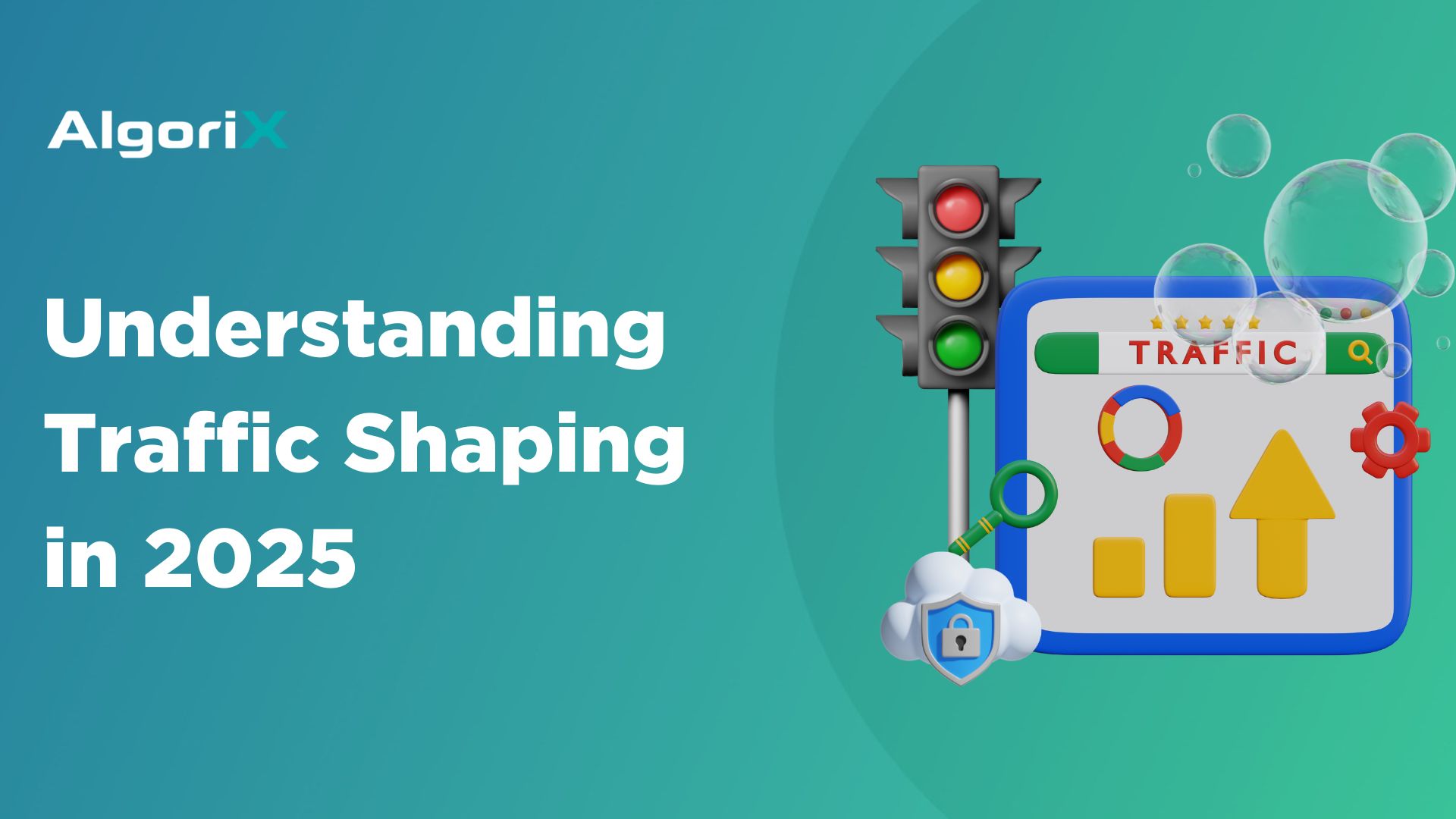In the ever-evolving world of advertising technology, 2024 can be a pivotal year marked by rapid change and significant challenges.
The rising demand for socially responsible branding, a concern for 45% of consumers, adds another layer of complexity. There are expectations for brands to take meaningful stances on social issues, aligning with the values of their audience. Compounding these concerns is the critical need for content that resonates and generates leads, a task that most find challenging.
These multifaceted challenges underscore the urgency for marketers to stay abreast of the latest adtech trends as they navigate this dynamic terrain in 2024 and the years to come. Understanding and adapting to these evolving trends is not just about staying relevant. More than that, it’s about pioneering new strategies in a world where traditional approaches are rapidly becoming obsolete.
Adtech Trends for 2024
Here are some of the emerging trends in the industry we’re expecting in 2024.
The Rise of AI and Machine Learning
AI and machine learning are becoming crucial for analyzing user interactions with ads to assess engagement and feelings about the content. In a world moving away from third-party cookies, AI techniques such as agent-based modeling will empower publishers and advertisers to create precise ads that effectively drive conversions.
AI, with its improved ad targeting, has the potential to enhance trust and transparency. Integration with blockchain helps brands and advertisers keep an immutable record of transactions. This ensures ethical and legal use and boosts brand safety through contextual analysis.
Privacy-First Advertising
One of the adtech trends is the shift towards privacy-first advertising, which is gaining momentum. With regulations like GDPR and the gradual phase-out of third-party cookies, advertisers and publishers are focusing more on first-party data.
There will be an increase in the use of tools like customer data platforms (CDPs) and consent management platforms (CMPs) to collect and manage personal information.
Moreover, contextual advertising, which relies on the context of content rather than personal targeting, is expected to become a significant trend in 2024.
Voice and Visual Search Optimization
Voice and visual search optimization, two rapidly evolving domains in digital marketing, are poised to take a significant leap in 2024. The increased sophistication of these technologies enables a more nuanced understanding and interpretation of voice and visual data. This drives more effective optimization strategies.
AI advancements in NLP mean that voice search queries are understandable with greater context and accuracy. This evolution will allow voice search optimization to cater to more complex, conversational queries. As such, it will become increasingly common as users become more comfortable interacting with voice assistants.
As a response, publishers and advertisers should optimize their content for natural, conversational language. This includes incorporating long-tail keywords that mirror how people naturally speak, which is crucial for voice search optimization.
For visual search optimization, it’s essential to use high-quality images with accurate, descriptive file names and alt text. Publishers and advertisers should also consider the context in which images are used to ensure they align with relevant search queries.
Interactive and Immersive Ad Formats
2024 is poised to see a rise in connected cars and immersive media, partly aided by AI technologies. This trend points towards more interactive and immersive ad formats that could engage users in novel and compelling ways. Integrating AI in creating these experiences will likely lead to more personalized and engaging ad content.
Programmatic Advertising Evolves
The programmatic advertising landscape is evolving with a strong focus on in-housing. Programmatic investment is increasing, especially from the buy side, with a notable shift towards operational efficiencies and audience discovery. AI is a crucial driver of this growth, indicating that programmatic strategies will become more sophisticated and data-driven in 2024.
Blockchain in Adtech
The integration of blockchain technology in advertising technology is an emerging trend to reshape the industry in 2024. Blockchain’s decentralized and secure framework offers numerous benefits for advertising transactions. It is a key area for publishers and advertisers to explore and adapt to.
Blockchain’s inherent transparency ensures that all transactions are recorded on a public ledger, making advertising spends and placements visible and verifiable. This level of openness can significantly enhance trust between advertisers, publishers, and consumers.
The secure nature of blockchain makes it an ideal solution for handling sensitive data. Blockchain can provide a more secure way of handling user data, reducing the risk of breaches and unauthorized access.
Implementing intelligent contracts for ad agreements can streamline the advertising process. It will help publishers and advertisers reduce the need for intermediaries and ensure compliance with all parties’ terms.
Furthermore, blockchain can create more secure and transparent ways of managing audience data, ensuring compliance with privacy laws, and enhancing consumer trust.
E-Commerce Integration in Advertising
Retail media is anticipated to comprise significant digital media spending by 2026. The shift towards a programmatic approach to retail media networks indicates a growing trend.
Retail media ad placements are becoming critical for new products and smaller brands. This trend suggests a closer integration of e-commerce and advertising, providing opportunities for direct customer engagement at the point of sale.
The Growth of CTV and OTT Advertising
CTV ad spending is projected to increase significantly by 2024. The introduction of ad-supported tiers by streaming giants is expanding available ad inventory. Machine learning-based creative optimization in CTV advertising is set to enhance profitability and engagement, indicating a growing trend in this domain.
How can publishers and advertisers maximize this?
- Leverage the rich viewer data available through CTV and OTT platforms to develop targeted advertising strategies. Understanding viewer preferences and behaviors can help create more effective and engaging ad campaigns.
- It will also help develop creative ad formats for CTV and OTT platforms. Utilize the interactive capabilities of these platforms to create engaging and memorable ad experiences for viewers.
- Consider using programmatic ad buying for CTV and OTT to reach target audiences efficiently. Programmatic platforms can help optimize ad spending and improve ROI.
Sustainability in Adtech
Sustainability is becoming a strategic focus in the adtech industry.
Over 80% of industry stakeholders acknowledge its importance, with advertisers leading in integrating sustainable programmatic advertising strategies. This 2024 adtech trend is part of a broader movement towards responsible and eco-friendly business practices in digital advertising.
Navigating the Future Landscape
The adtech trends 2024 highlight a transformative phase in the industry, integrating advanced technologies like AI and a shift towards privacy and sustainability. The evolution of programmatic advertising is setting the stage for a more efficient, responsible, and innovative advertising ecosystem. Advertisers, publishers, and tech providers must adapt to these trends to stay relevant and competitive in this ever-evolving landscape.
Prepare your brand for scaling in 2024. Find out how AlgoriX can help you adapt to the emerging adtech trends of 2024.













